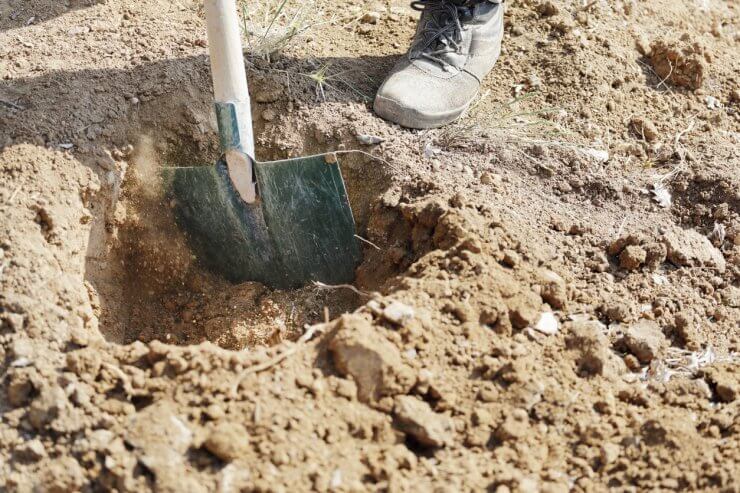
After a rainstorm (or even a heavy watering), does your vegetable garden resemble day three of Woodstock? Soil drainage may be an issue! The good news is that there are soil additives to improve drainage in soggy gardens.
Discover 7 top tips for growing, harvesting, and enjoying tomatoes from your home garden—when you access the FREE guide The Best Way to Grow Tomatoes, right now!
But how do I even know how well my soil drains?
Time for a science experiment! You can do a quick soil drain test by digging a hole about a foot wide and a foot deep. Fill the hole with water and time how long it takes to drain completely. Under 10 minutes is considered fast and may mean that water is running off and not penetrating your plant and vegetable roots.
On the other hand, if it takes an hour or longer to drain, it might mean that water could be sitting on the vegetables’ roots for too long which can cause mold and rot. In either case, you may need to use soil additives to improve drainage. Here are five soil additives that may help your garden use water more efficiently.
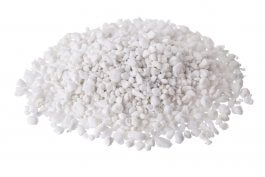
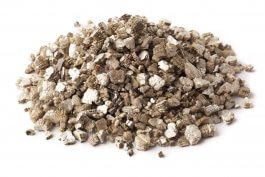
Perlite and Vermiculite
Perlite and vermiculite are two kinds of volcanic rock that are a bit puffy and lightweight. It’s a recognizable element in many potting mixes on the market. Both perlite and vermiculite are absorbent, holding water longer and preventing soil from drying and cracking.
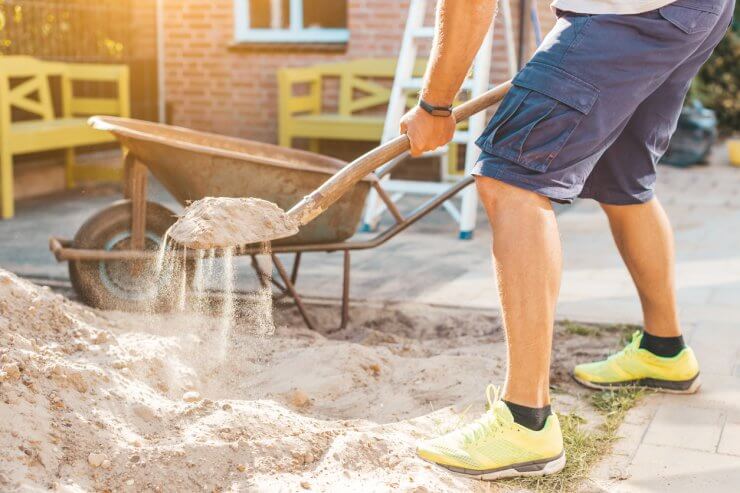
Sand
Sand is a good budget-friendly soil additive to improve drainage. The particle size of sand is much smaller than soil and it can help break up large chunks of soil and prevent it from binding together. Be sure to get garden-specific sand and not just play sand or construction sand, since horticultural sand is purposely cleaned of impurities and salt which can otherwise damage your herbs and vegetables.
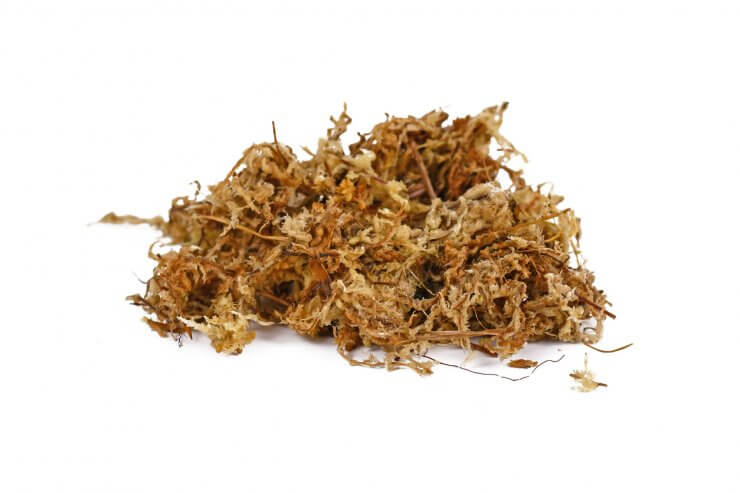
Peat Moss
Peat moss is a soil additive to improve drainage for your fruits and vegetables that prefer acidic soil like blueberries, watermelons, zucchini, and green peppers. But there are some ethical concerns with using peat moss since harvesting releases large amounts of carbon dioxide which is bad for the environment. Do your research on this one before deciding if it’s best for your garden.
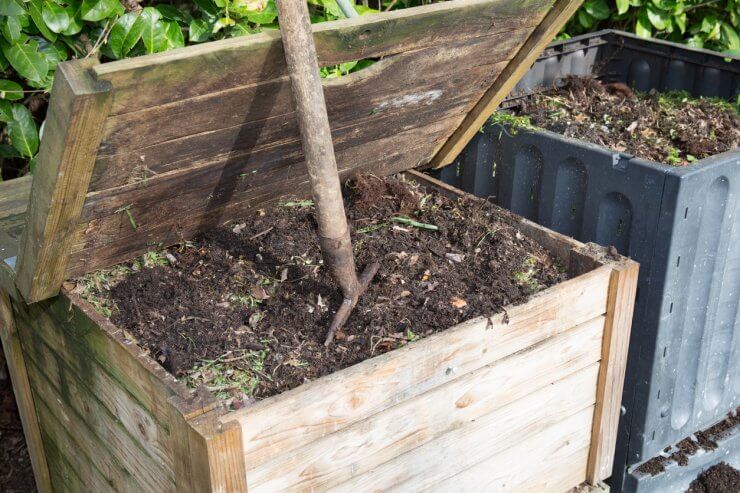
Compost
Organic matter like compost is a great soil additive to improve drainage because it absorbs moisture, slowly releasing it into the soil over time. There are many types of compost and easy ways to incorporate composting into your kitchen and cooking routines. You can save money by making your own!
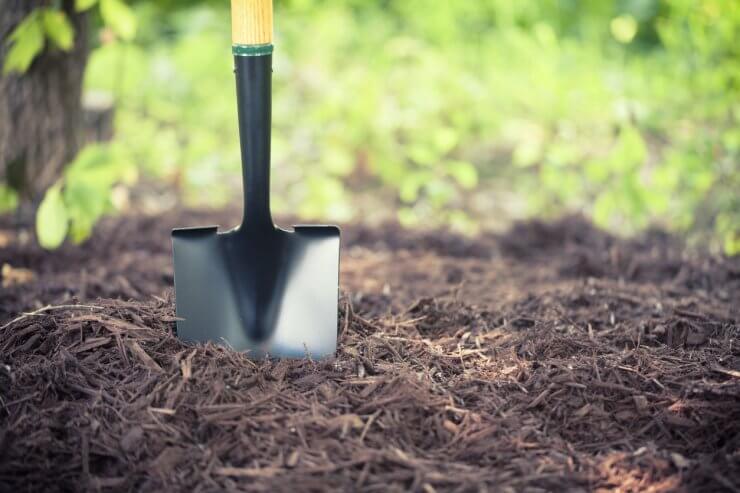
Mulch
Mulch is great on the surface of vegetable garden beds to deter weeds and pests, but it’s also a great soil additive to improve drainage. You do need to play the long game with mulch, though, since it takes a couple of years to break down into the soil for it to be an effective drainage additive.
Beyond soil additives, there are other ways to improve garden drainage issues, like aeration techniques and strategic ditch placement.
What do you add to your soil to improve drainage? Let me know in the comments!
Discover 7 top tips for growing, harvesting, and enjoying tomatoes from your home garden—when you access the FREE guide The Best Way to Grow Tomatoes, right now!





My understanding is Perlite is used for drainage and Vermiculite for water retention. How do you determine when to use each and how much to use? If I’m adding a 4’ x 4’ x 18” raised bed to my garden how much Perlite and Vermiculite should I add to the soil mix? Or if I do the drainage test you recommend and I find my soil is not draining well how much Perlite would I add? Thanks
You are correct – Perlite for better drainage, vermiculite for water retention. Depending on your goal, add 3/4 to 1 1/2 quarts of either product per square foot of garden space
I use my own compost, which I can trust. I also use peat moss and sand to lighten the soil.
Something new over the past couple of years, is that I dig shallow ditches within the garden space where excess water can drain off . This also distributes the water to other areas of the garden….a rain-gaden of sorts.
I use my own compost, which I can trust. I also use peat moss and sand to lighten the soil.
Something new over the past couple of years, is that I dig shallow ditches within the garden space where excess water can drain off . This also distributes the water to other areas of the garden….a rain-gaden of sorts.
Sand might be ok in certain instances but if you are dealing with heavy clay, introducing sand cans yield something akin to concrete. Organic matter is the best answer.
My home is mostly sand. I grow rocks